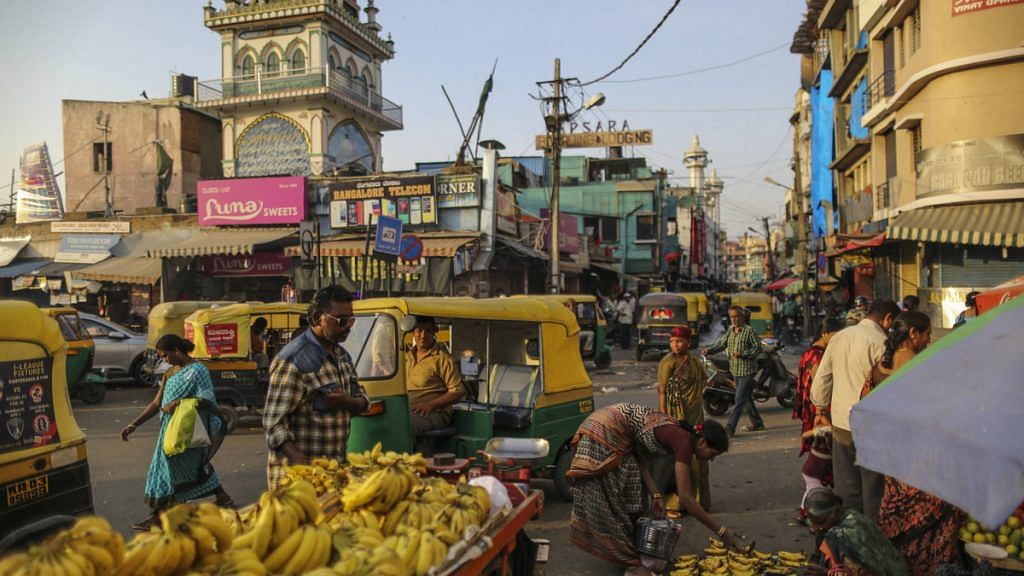Mumbai: India’s credit crisis appears to be winding down for the safest borrowers, but it’s hardly time to celebrate as weaker firms still struggle.
Policy makers have been fighting to prevent debt markets from seizing up since the shock collapse of shadow bank IL&FS Group last year. They can take some cheer in this: spreads on top-rated corporate bonds have dropped back near where they were when the crisis began in September last year.
Much work remains to be done. Lower-rated companies are still struggling with a cash squeeze and rising borrowing costs. Economic growth slowed to 4.5% last quarter, the weakest in more than six years. Corporate financial health has deteriorated to the worst in at least seven years, according to a Care Ratings index.
A series of defaults are keeping investors on edge, said Anil Gupta, a vice-president at Mumbai-based credit rater ICRA Ltd.
The cash squeeze in the nation’s shadow banking industry, which lends to everyone from street vendors to property tycoons, shows few signs of abating. Investors have fled to safer assets after defaults by firms including Altico Capital India Ltd. and Reliance Capital Ltd.
Concerns about governance have also taken a toll, following incidents at companies including Karvy Stock Broking Ltd. and Dewan Housing Finance Corp.
India’s Finance Minister Nirmala Sitharaman has announced a number of measures in recent months to support the economy: corporate tax cuts, a special real-estate fund, bank mergers and a privatization drive.
Meanwhile, the central bank lowered benchmark interest rates by 135 basis points in 2019, before pausing last week.
As policy makers assess the challenges ahead in 2020, they must grapple with the financing needs of weaker borrowers that are yet to benefit as much from the steps this year.
Issuers with ratings at or above AA- have sold a record 5.8 trillion rupees ($82 billion) of notes this year. In contrast, issuance from firms with lower ratings has slid to a six-year low of 182 billion rupees, so far in 2019, data compiled by Bloomberg show.
Also read: RBI set to cut rates 6th time this year but all eyes on its growth forecast
